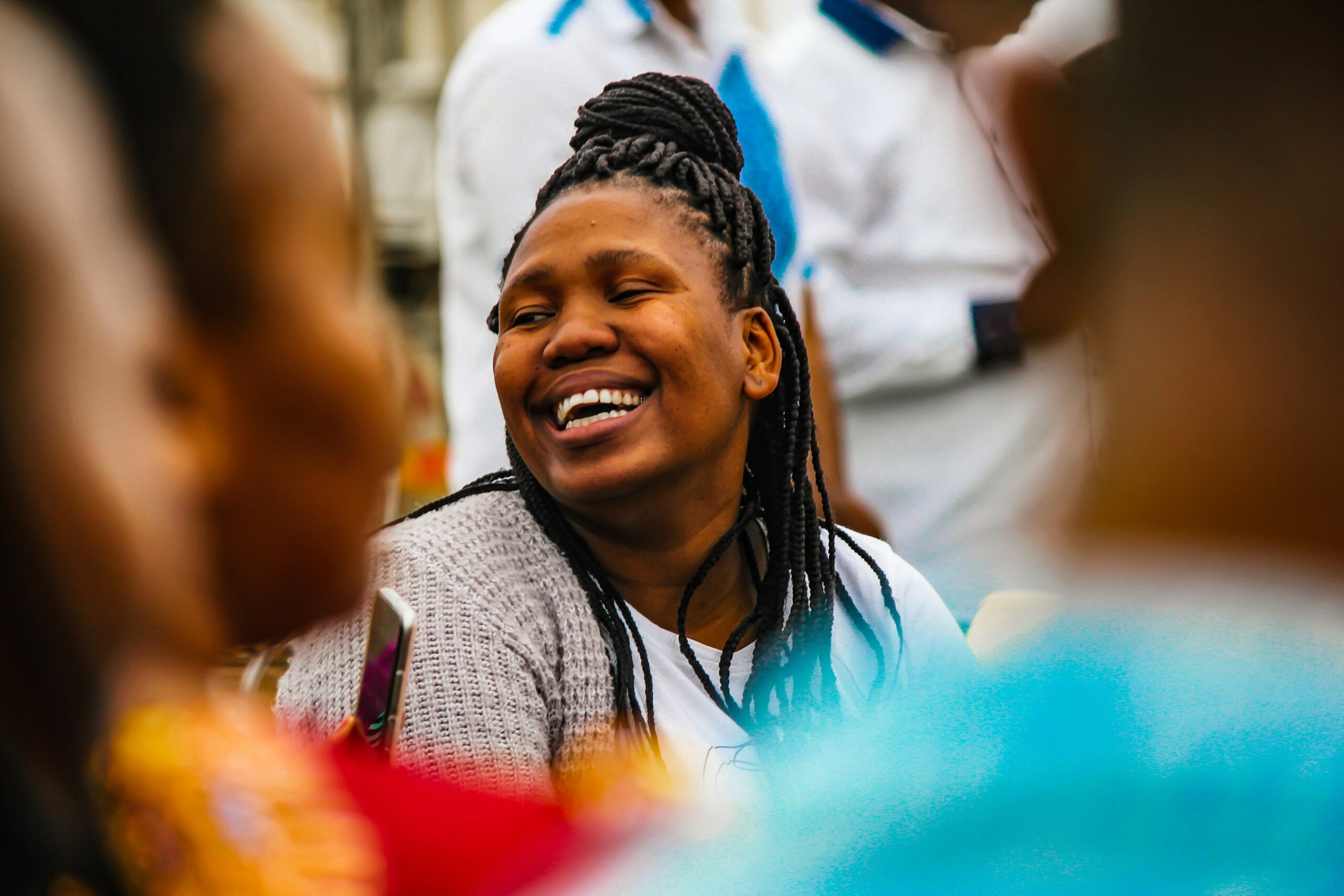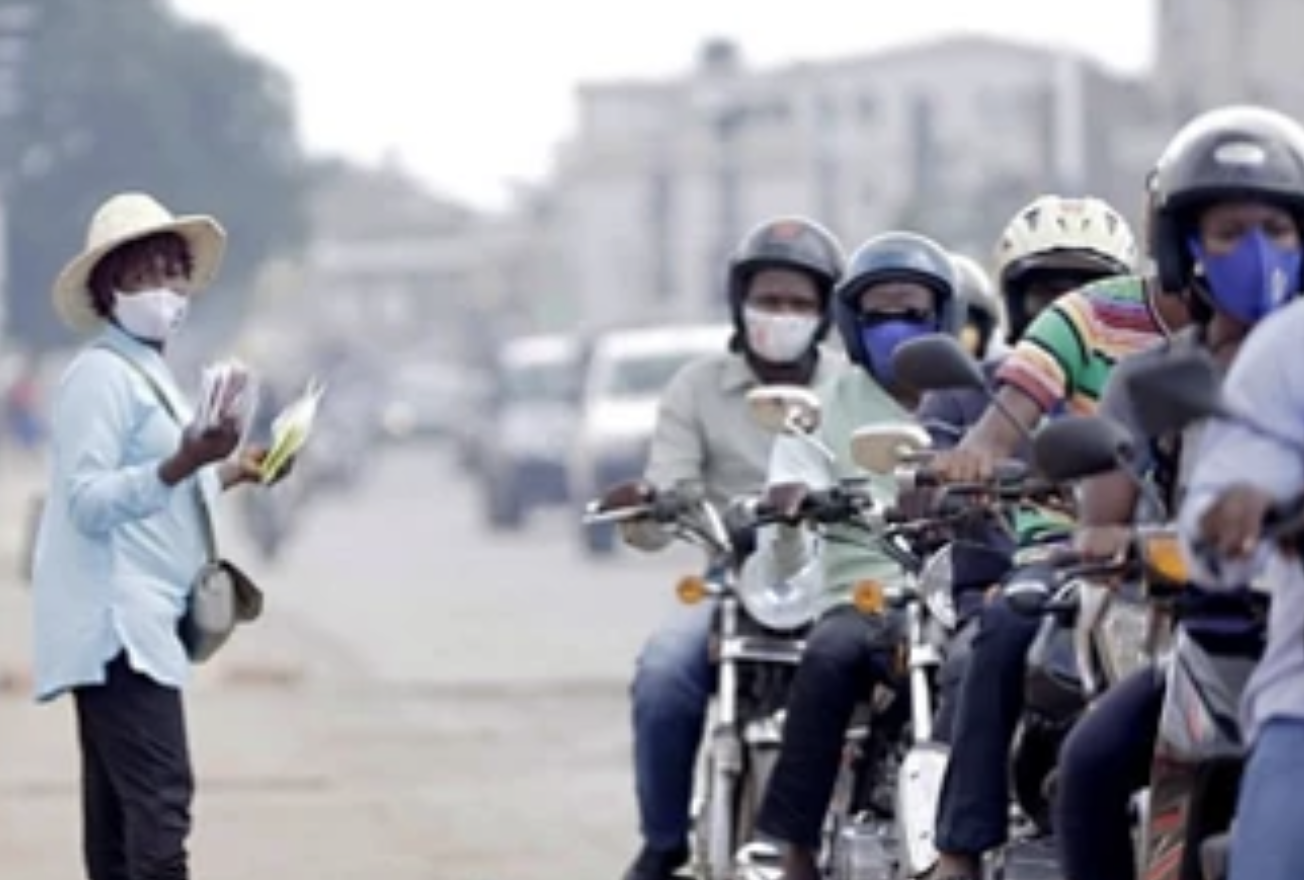Since 2015, Togo has committed to developing a coherent health financing (HF) strategy for universal health coverage with the aim of ensuring access to quality health care without its citizens incurring catastrophic expenses. In this effort, the country produced a review and analysis of the HF system. The following excerpt from the National Health Accounts for the years 2020 and 2021 offers additional information about Togo’s health system.
Out-of-pocket payments by households represented 63.7% of current health expenditures (CHE) in 2020 and 65.9% in 2021 …. Expenditures from public administration schemes and mandatory contributory health financing schemes represent 30.1% (of CHE) in 2020 and 28.8% in 2021.
The choice of social health insurance
By adopting a law in 2021 establishing universal health insurance, Togo expects that health insurance will help reduce the incidence of catastrophic health spending and improve equity.
This law, translated from French to English, stipulates that the country commits to
ensuring that all residents across the entire territory have access to a minimum level of healthcare under financially sustainable conditions. … [T]he principle of progressivity applies to both the package of services offered, the population covered, and the copayment amount borne by beneficiaries, taking into account the evolution of health care provision and the availability of financial resources.
The law defines two schemes: the Compulsory Health Insurance Scheme and the Medical Assistance Scheme. The law’s operationalization was effective with the adoption of several implementing texts. In 2023, 11 decrees were adopted, all available on p4h.world, including one decree on access to services.
The 2014 Demographic and Health Survey reports that less than 2% of women and men are members of community-based health insurance schemes (CBHIs) or private health insurance programmes, and that only 4% of respondents are covered by health insurance through their employment.1 Another study, conducted by the Togolese government and its partners in 2019, and published in French, highlights that “health insurance coverage is reaching only 7.6% of the population, with 4% covered by the National Health Insurance Institute (INAM), 2% by private systems, and 1.6% by CBHIs”.2
Other social health protection programmes
The Ministry of Health of Togo has information about several programmes that supplement health insurance for the Togolese.
- The Wezou programme is the national support programme for pregnant women and newborns that started in 2021. In 2023, this programme enrolled 197,313 pregnant women, compared to 183,262 in 2022 and 98,550 in 2021.
- The School Assur programme, launched in 2017, aims to cover the health care costs of schoolchildren and students in public establishments. For each student, an annual ceiling of West African CFA 30,000 is set. As of 20 October 2022, the School Assur programme has received 3,343,717 related claims.
- Togo has implemented several partial or total free health care programmes, including prevention of mother-to-child transmission of HIV for pregnant women, family planning, voluntary HIV testing and treatment, treatment of tuberculosis, leprosy, Buruli ulcer, acute and severe malnutrition, patients suffering from renal failure (dialysis), malaria screening, dispensing of artemisinin-based combination therapies, distribution of long-lasting impregnated mosquito nets and intermittent preventive treatment of pregnant women. The government also adopted and as of 2011 put into effect the caesarean section subsidy (the beneficiary contributes up to 10% of the total cost of the caesarean section).
Improving health care services
The Togolese government aims to offer 60% health insurance coverage by 2025.3 To reach this goal, the country has also developed a strategic plan for the implementation of the national policy to improve the quality of health services. The purpose of this plan, published in French, is stated to be “to contribute to creating conditions that allow every individual living in Togo, without any distinction, to have access to health services that meet their physical, mental, and social needs in an environment where health care providers thrive and fully utilize their potential”.
References
[1] Togo Enquête Démographique et de Santé 2013-2014
[3] Caisse Nationale de Sécurité Sociale du Togo, La CNSS signe des conventions avec les organismes de gestion déléguée



